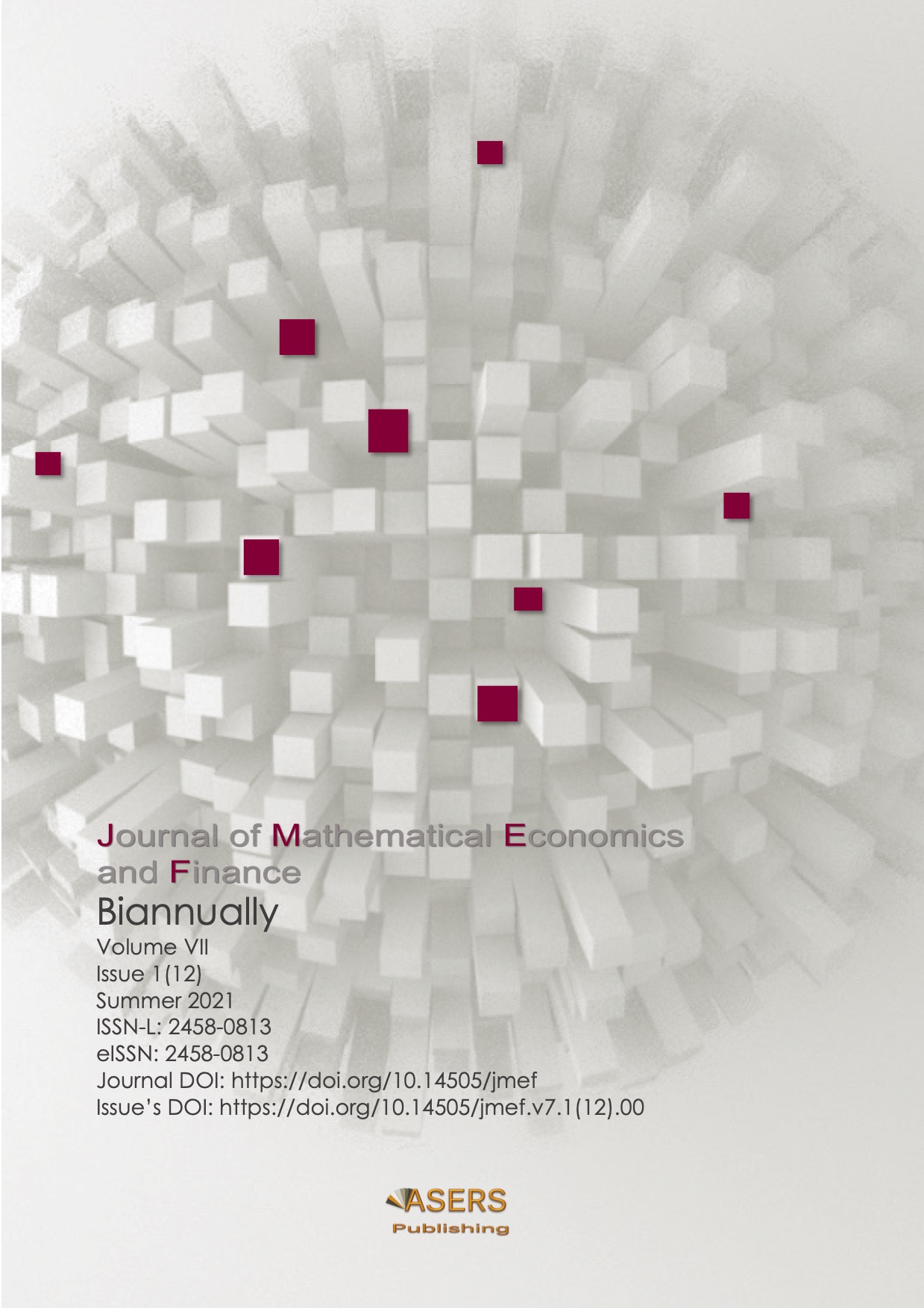An RBC model with Epstein-Zin (non-expected-utility) recursive preferences: lessons from Bulgaria (1999-2018)
An RBC model with Epstein-Zin (non-expected-utility) recursive preferences: lessons from Bulgaria (1999-2018)
Author(s): Aleksandar VasilevSubject(s): Economy, National Economy, Business Economy / Management
Published by: ASERS Publishing
Keywords: Business fluctuations; Epstein-Zin preferences; Bulgaria;
Summary/Abstract: We introduce Epstein-Zin (1989, 1991) preferences into a real-business-cycle (RBC) model with government. We calibrate the model economy to Bulgarian data for the period after the currency board regime (1999-2018). We evaluate the quantitative importance of the presence of ”early resolution of uncertainty” motive for the propagation of cyclical fluctuations in Bulgaria. Allowing for Epstein-Zin preferences improves the model performance against data, and in addition this ex- tended setup dominates the standard RBC model framework, e.g., Vasilev (2009).
Journal: Journal of Mathematical Economics and Finance
- Issue Year: VII/2021
- Issue No: 1(12)
- Page Range: 7 - 22
- Page Count: 16
- Language: English
- Content File-PDF

